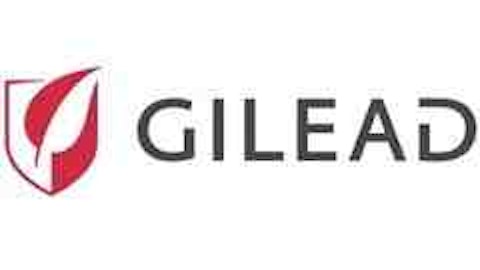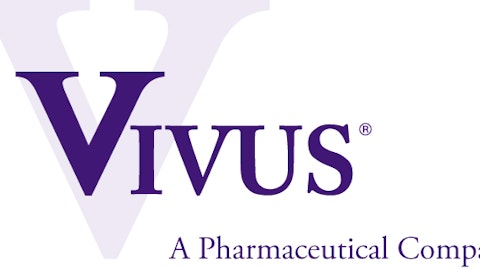Often referred to as “the silent killer,” stroke is the fourth-leading cause of the death in the U.S., behind only heart disease, cancer, and chronic lower respiratory diseases. According to the Centers for Disease Control and Prevention, an estimated 795,000 people suffer a stroke each year, and nearly 130,000 died from their stroke in 2010.

Source: Centers for Disease Control and Prevention.
The danger inherent in strokes, which is rapid loss of brain function derived from a blockage of blood flow to the brain, is that many of the symptoms are often ignored or dismissed until it’s too late. These symptoms can include headache, sudden loss of vision in one or both eyes, paralysis or numbness in your face, arms, or legs, trouble walking, and trouble speaking or comprehending speech. Worse yet, it takes but a few minutes, depending on the type and severity of the stroke, to cause permanent brain damage, making time of the essence when recognizing these symptoms.
As we’ve done in recent months by examining the risk factors and treatments associated with the most common types of cancer and diabetes, I propose to more closely examine the three biggest risk factors that can cause a stroke, discuss what treatment options exist, if any, to help mitigate that risk, and as always, discuss what investment potential these top treatments may have for your portfolio.
According to the CDC, there are three big factors that can lead to stroke:
Medical conditions.
Behavioral factors.
Hereditary factors.
Medical conditions
Listed by the CDC are six common medical conditions that have been shown to increase stroke risk. The good news is that, in most cases, treatments and lifestyle changes are available that will improve these conditions and thus lower your chance of having a stroke.
- Hypertension: Also known as high blood pressure, hypertension can be brought on by a number of factors, including smoking, unhealthy eating habits, obesity, and even stress. In cases where stress mitigation, exercise, and healthier food aren’t enough, a commonly prescribed treatment that might be called upon is Novartis AG (ADR) (NYSE:NVS)‘ Diovan. Although Diovan is no longer under patent protection, no generic biosimilar has made it to market as of yet, leaving the door open for continued sale. Revenue totaled north of $900 million last year alone.
- High cholesterol: High cholesterol can cause fatty deposits known as plaque to build up in your blood vessels, potentially leading to high blood pressure and/or a blockage, and thus increasing your chance of a stroke. Diet and exercise can mitigate some of these concerns, but high cholesterol can also be a hereditary condition that runs in the family. In those cases, and in cases of high cholesterol where lifestyle changes aren’t enough, the most commonly prescribed drug in history,
Pfizer Inc. (NYSE:PFE)‘s Lipitor, may be called upon. Before it went into generic form, Lipitor had an astounding $131 billion in lifetime sales.
- Heart disease: With heart disease you have a wide range of potential complications, ranging from fatty deposits based on your diet and exercise habits that can clog blood vessels, to genetic factors like heart valve defects and enlarged heart chambers that can put you at an increased risk for stroke. For patients suffering from genetic types of heart disease, corrective surgery is often needed to correct the problem and allay stroke risks.
- Diabetes: Diabetes comes in two forms: type 1 and type 2. Type 1 diabetes is purely based on genetic factors, while type 2, the considerably more common type, accounting for 90% of all cases, develops over one’s lifetime and can be exacerbated by poor diet, lack of exercise, and smoking, to name a few factors. It’s a risk factor for stroke because high blood sugar is often linked with high blood pressure and high cholesterol. Perhaps the most exciting new medication on the market, at least in the U.S., is Johnson & Johnson (NYSE:JNJ)‘s SGLT2 inhibitor, Invokana. This new class of type 2 diabetes drug works in the kidneys by allowing people to get rid of excess glucose in their urine while also providing the added side effect of weight loss.






